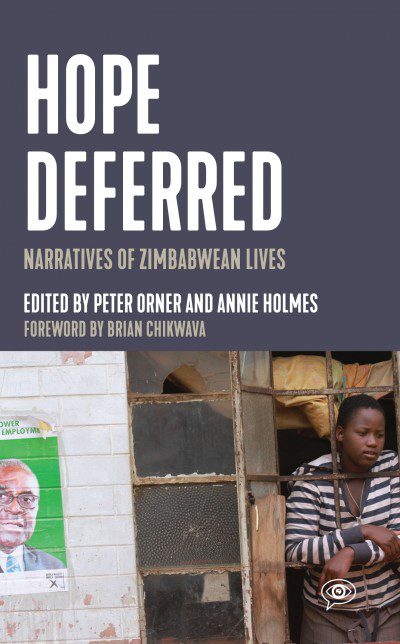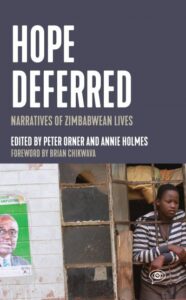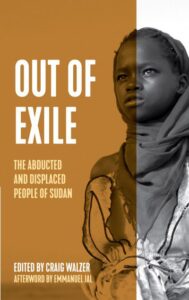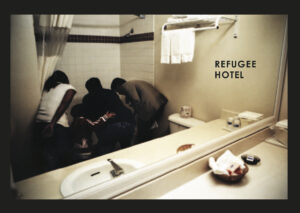The Voice of Witness book series amplifies the stories of people directly impacted by—and fighting against—injustice. We use an oral history methodology that combines ethics-driven practices, journalistic integrity, and an engaging, literary approach.
The books explore issues of inequity and human rights through the lens of personal narrative. Each project aims to disrupt harmful narratives by supporting historically marginalized or silenced communities to tell their own stories in their own words.
Book clubs are useful tools for engaging and interacting with these oral histories and the issues they highlight. Find our handout with guidance on planning and facilitating one here.
Use the questions below to start a book club for Hope Deferred: Narratives of Zimbabwean Lives.

Discussion Questions:
- Concerning the harsh mistreatment Zimbabwean exiles face in South Africa, Aaron says: “I don’t even blame South Africans for the way they treat us . . . We failed to look after our own country, now we are here. But can we blame others for what we have done to
ourselves?” Discuss ways in which Aaron or other Zimbabweans featured in the book express a sense of personal guilt for their country’s governmental (or systemic) failures. - Elizabeth’s narrative concludes with the statement, “Probably I will not be in the books of history, but I know I have gone through a lot.” How does her narrative deepen your understanding of the country’s politics and their effects on individual citizens’ interpersonal
relationships, physical health, and emotional well-being? - Tsitsi provides a compelling analysis of the Mugabe government’s program of Fast Track Land Reform. How does hearing from Tsitsi—a black, native Zimbabwean, former commercial farmer—disjoint official histories and common assumptions about land reform in
the country? - The narrators from Section 4—Alice and Lovemore—suffer unthinkable violence over the course of their work with Zimbabwe’s Movement for Democratic Change (MDC). What circumstances drove each of these narrators to develop such unwavering commitment to the cause of democratic reform? Can you imagine a state of affairs in which you would be driven to display a similar level of resolve?
- Brian, 14 years old at the time of his interview, recalls being interrogated by the police regarding his party affiliation and being bribed for his vote, leading him to express the hope that “Zimbabwe will become a one-party state and we will get peace.” What experiences or influences might have led this young child to believe that a one-party state is the best route to peace?
- What was it like to read Nicola’s fond reminiscences of growing up in the Burma Valley, and her detailed description of the natural environment surrounding her former farmhouse? What effect did these descriptions have on your understanding of Zimbabwe as a place?
- In telling the tale of his resilient effort to illegally cross into South Africa, Oscar makes frequent reference to a conflict between pride and desperation, and the personal growth he underwent as a result of his experience. Were there similar examples of this conflict in other stories? Does this conflict play out on a national level? If so, how?
- Rudo demonstrates exceptional ambition as a solitary immigrant trying to support herself in Musina, South Africa. Nevertheless, by the end of her narrative, we find her in a state of intense desperation. What does her narrative reveal of the additional obstacles that female economic exiles must endure in their effort to make a better life in South Africa?
- What prior understanding did you have about Zimbabwe before reading Hope Deferred? How have the narratives altered your perception of the land, people and politics that make up this country? Speak about a narrative or two that particularly challenged or
expanded upon your preconceptions.



